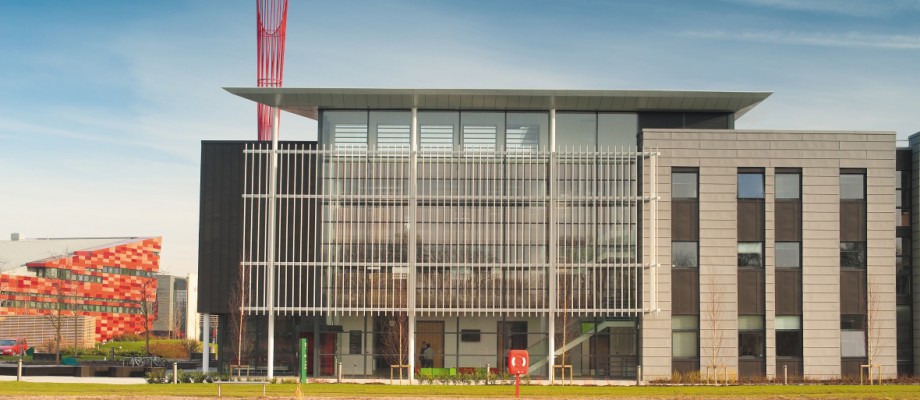
Changes to Contemporary Chinese Studies
June 10th, 2016
Following a review of the School of Contemporary Chinese Studies (SCCS) as part of the integrated planning process, University Executive Board has approved a new approach to teaching and research in this area.
SCCS staff will move into other schools – predominantly Nottingham University Business School and the School of Politics and International Relations – and SCCS itself will close on 31st July 2016. This reflects a shift in approach to bring the study of contemporary China into the mainstream of University activity.
The decision is the result of a detailed review process to ensure the long-term sustainability of research and teaching on contemporary China at Nottingham. As part of the review, the performance of SCCS was considered against a number factors including: results of the National Student Survey, the Research Excellence Framework, grant capture, teaching quality and financial sustainability. The School’s performance against targets set as part of a review of its operations in 2011 was also taken into account.
The University would like to thank all those who took the time to provide thoughtful and constructive feedback on during the consultation period in May. We are grateful that students took the time to engage with us. We also recognise the strength of allegiance felt by many students to the School and the positive comments they made about their experiences in SCCS.
Through the consultation process it emerged that a significant number of programmes and staff had an excellent fit with Nottingham University Business School (NUBS). Feedback was received from a group of academics actively requesting such a transfer. It has therefore been agreed that a cohort of staff and seven taught programmes will move into NUBS from 1st August 2016. Almost all other staff will transfer to the School of Politics and International Relations along with the remaining taught programmes currently led by SCCS. One member of SCCS staff will move to the School of Sociology and Social Policy; one to the Department of History; and one to the School of Law.
No staff redundancies will occur as a result of these changes.
The Si Yuan Centre will remain a centre for China-focused activity; the triangle of NUBS, Si Yuan Centre, and the new Enterprise Centre provides a gateway to China for the University of Nottingham and a focal point for staff and students.
The University is committed to broad-based study of contemporary China. The new approach will allow the intellectual foundations of research and teaching in this area to be fully aligned with the new faculty structure – engaging with China across the whole institution rather than having a concentration in a single school. By encouraging interdisciplinarity, this new approach would help to build research focus in key areas of the Social Sciences, adding breadth and depth to existing areas of activity and building on our existing strengths in Chinese studies.
Tags: China Policy Institute, Faculty of Social Sciences, School of Contemporary Chinese Studies, social sciences, structure
Leave a Reply
Other

Need news? See you on SharePoint
After 14 years of service, Campus News is being retired as the university’s staff news platform. […]

Roads and car parks closed for refurbishing work
As part of ongoing road improvements at the university, works will be taking place to resurface […]

